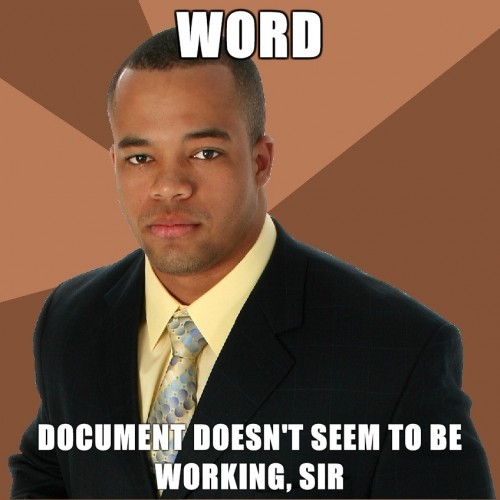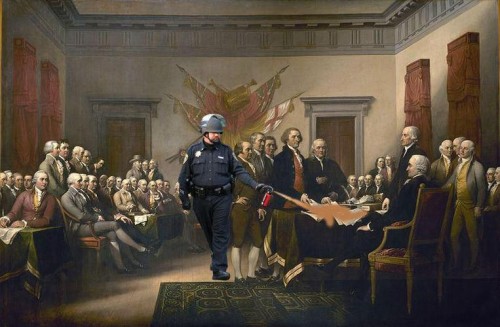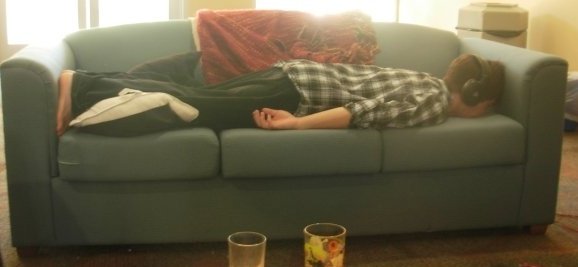
Why successful black guy is successful: The socio-cognitive side of humor
Having read Jenny Davis, David Banks and PJ Rey on internet memes, I felt compelled to share my creative grain of sand on this peculiar ‘web-based’ construct. I often wonder why memes are funny. The simplicity of memes is deceiving: e.g., a Spartan image, often featuring only the face or upper body of a person or animal, and a kitsch colored background that would make Warhol think you’re on acid. Add two rows of parallel text above and below and presto! – You have created funny. Is it really that easy? I would generally think (and hope) that humor is a complex phenomenon, that answering “why is this picture of a cat funny to me?” requires invoking some esoteric philosophical or psychological terminology. I decided to do some research.
One of my favorite memes of all times is “successful black guy”. This is successful black guy explained by know your meme: “an image macro series featuring a Black man dressed in business attire and a witty one-liner satirizing the stereotype of young African American male as street hustlers or gangsters who only care about cars, money and ho’s. The humor is mostly derived from the intentional line break in mid-sentence, with the top line impersonating a black male stereotype (EX: I Got the Best Ho’s) and the bottom line suddenly falling flat in character (EX: Out in My Tool Shed). more...



